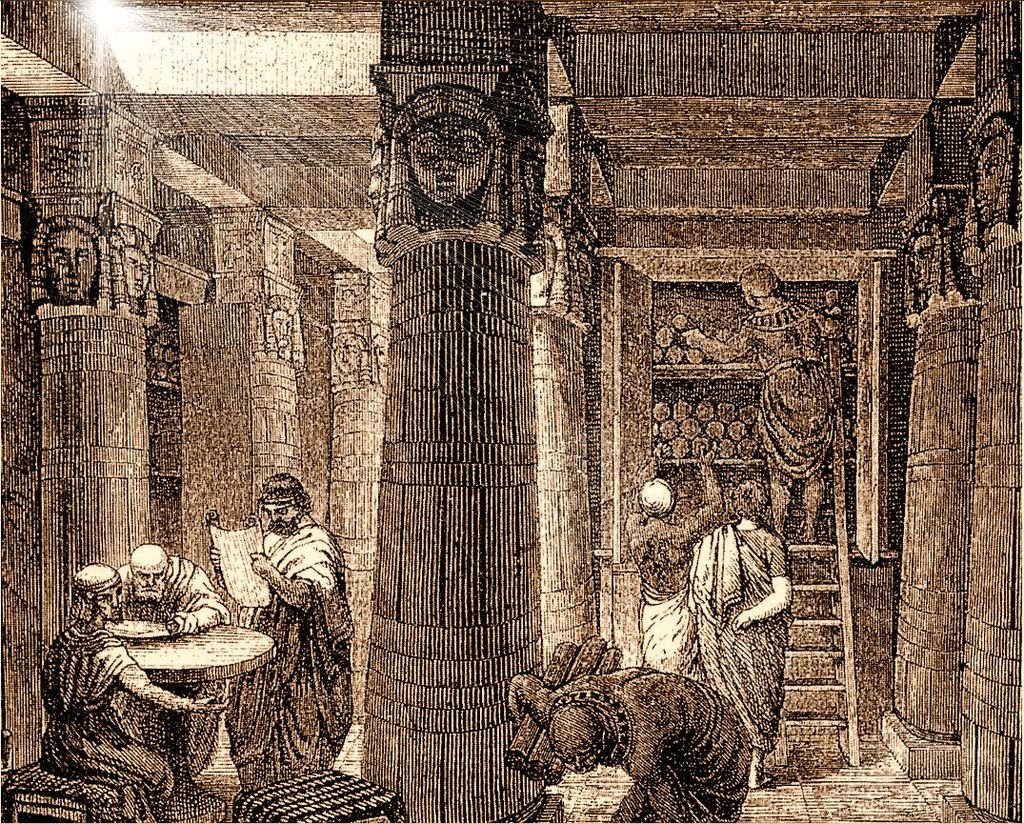Insights archive
Red Pony is a team of writers, editors, Microsoft Office template developers and communications trainers. We have been writing about our areas of expertise for over a decade in our Red Pony Express newsletter.
This collection features the best articles from the last 10 years.

False formality
The saying goes that you never get a second chance to make a first impression. The same is true for writing. Style – in how we choose an outfit or structure a sentence – evidences our desire to be taken seriously. People notice when we ‘make an effort’ with writing, the same way they notice when we wear a freshly ironed shirt.

Structural integrity matters
When a 12-storey apartment building collapsed in Miami in 2021, killing 98 people, many observers couldn’t understand how previous building inspections had failed to avert the disaster. We now understand that while faults were obvious, inspection reports failed because they obscured them.



Making writing enjoyable
The average human has 70,000 thoughts a day and it has never been more difficult to organise these thoughts onto the page and construct a piece of writing worth reading.

Inventing a language of peace
When the French used their veto to vote down a resolution at the 1921 Assembly of the League of Nations, did they unwittingly thwart the world’s best chance to foster world peace and international understanding?

Finding your flow
This is the first in a series of pieces to better understand how we can reach this ‘flow state’ to make writing and editing less painful and more rewarding.

Don’t fear the ghostwriter
Q. When is a writer not the writer?
A. When they’re a ghostwriter.

Notes on transparency
If we take transparency to be a feature of good journalism and reporting, does that mean euphemism is an enemy of ‘good writing’?

Origins of punctuation
Regular readers will know that we’ve written a range of articles in the past about the purpose of different punctuation marks and how to use them in your writing. This time, I want to talk about the origins of punctuation itself.

Command centre: using imperatives in copywriting
Of the four kinds of English sentences – declarative, interrogative, exclamatory and imperative – the imperative might be the one you use least in your writing. It can be tricky to tell someone what to do without sounding blunt, even rude.

Tips for curing writer’s block
As a professional writer I occasionally get stuck with that dreaded affliction called writer’s block – the feeling of being stuck and unable to write. Most writers experience this feeling at some point, and it can last for anywhere from minutes to years.

From Shakespeare's Globe to Fountain Gate: how pop culture shapes English
Pop culture enriches language in delightful ways. TV catchphrases that become part of everyday speech transcend their origins, like countless phrases from Shakespeare which seamlessly integrate into modern English.

Too many notes – tips for succinct writing
Writing succinctly isn’t easy. Here are my top tips for trimming those excess words.

How the ATO use 'nudge' theory to get more people to pay their taxes
The concept of ‘nudge’ theory – using subtle prompts to influence human behaviours – is being used by the Australian Tax Office (ATO) to encourage tardy taxpayers to make good on their debts.

In short: literature condensed
In short, a good summary will provide the right level of crucial information for a general audience, while also inviting the reader to go deeper if they wish. Condensed forms of writing can paradoxically be the best way to expand our knowledge of a subject.

Simplified Technical English: what it is and why it exists
Some time back, my colleague Andrew Eather wrote a Red Pony Express article about contronyms: a word that can have completely opposite meanings. The English language is endlessly plastic, but this can be a problem when lives depend on precision.

‘I do’ and other performative utterances
Language allows us to put words to the world we see around us, but on special occasions words can do more.

Red Pony Express marks its 15th year
Back in 2008, my colleague Andrew Eather and I began working on ideas for a newsletter we could send out every couple of months. In the tradition of the television ‘clip show’, I’m going to look at some of our previous articles and the people who wrote them.

Planes, trains and automobiles
While writing a book is private and sedentary, publicising a book is anything but. This is a meditation on planes, trains and automobiles, which many of us will embark upon over the holiday period.
